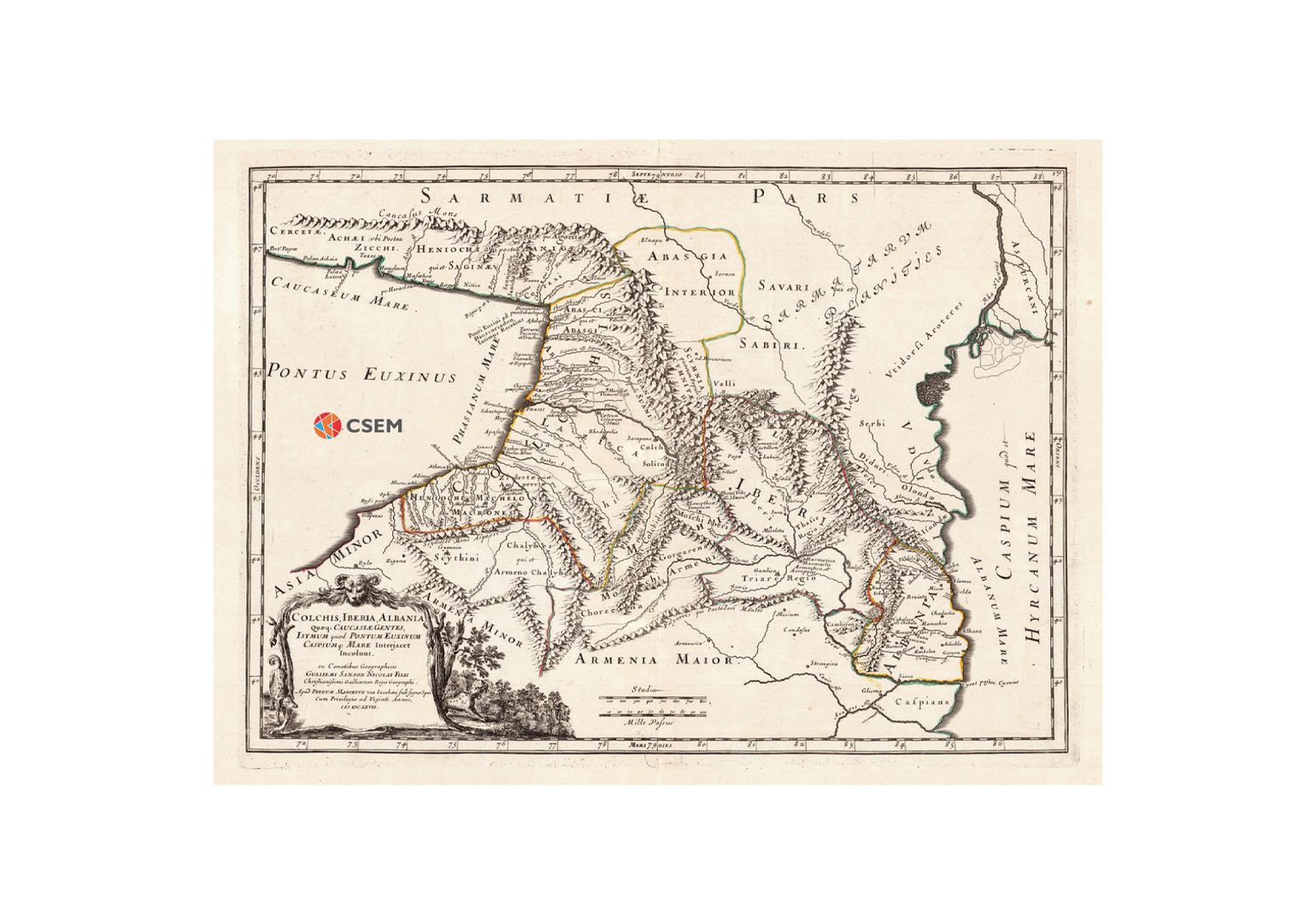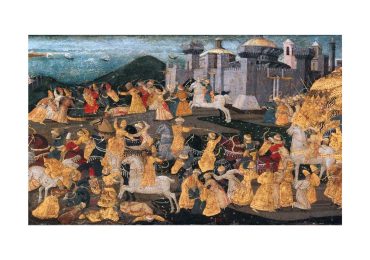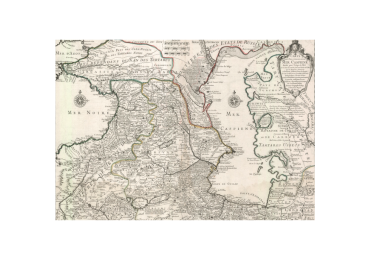Legends of “Golden Colchis” existed in ancient Greece before the start of significant colonization in the 8th century BC. When the Greeks began to exploit the Black Sea, they familiarized themselves with Colchis, established colonies, and started trading with the local tribes. Colchis became the eastern outpost of the Greek world and the border with the great civilizations of Asia.
Greek colonization had a significant impact on the history of both ancient Greece and the ancient world as a whole. The Greeks founded colonies on the shores of the Mediterranean Sea from the Iberian Peninsula to North Africa, finally mastering the region of the Black Sea. They spread the Greek civilization and received many things from other civilizations in return. The Hellenistic world, and later the Roman Empire and Christianity, laid the foundation for modern European culture.
In contrast to the civilizations that flourished on the fertile lands of Egypt and the Middle East and the great empires whose economic basis was agriculture, the Greeks of the southern Balkan Peninsula had to look elsewhere for resources. Their scarce, barren, and poor lands could no longer satisfy the growing population.
The Greeks were great travelers. They crossed the seas with their ships, looking for new lands and new opportunities. In Greek mythology, we often come across stories of distant voyages, most notably those of Odysseus and the Argonauts. In ancient times, when seafaring was still undeveloped and sailors had much to learn to navigate safely to distant lands, many did not dare to travel. When the legendary philosopher Anacharsis was asked whether more people were alive than dead, he replied: “Where would you count the men on the sea?” Among the writings of the Athenian poet Philemon, we find the following quote: “Seeing a man go out to sea once would not surprise me, but I would be amazed if he decides to do it again.
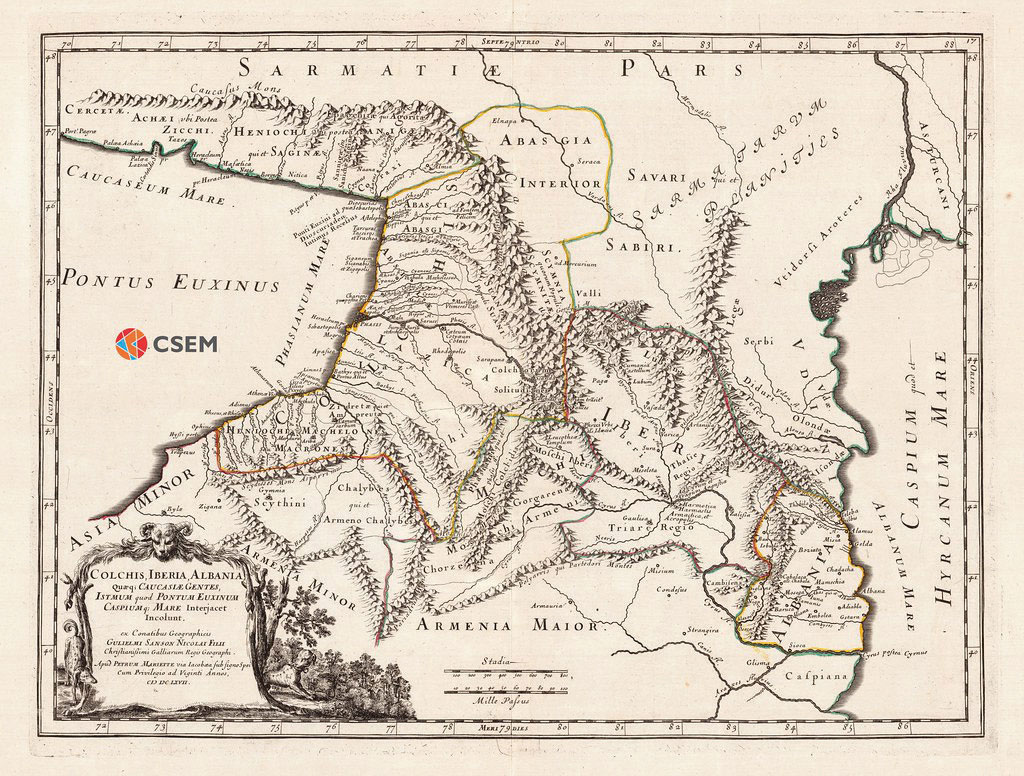
Athens, Sparta, and Corinth were the most powerful colonizers among the Greek city-states. At first, the Greeks began to exploit the islands nearby. In the 8th century BC, the Corinthians founded a colony on the island of Corfu, which was called Korkyra in ancient times. The colonists then went much further. Syracuse, the largest and most important of the Greek cities of Sicily and southern Italy, was founded by the Corinthians, Tarentum in Apulia by the Spartans, and Ephesus in Asia Minor by the Athenians.
The early colonists were primarily merchants who came to trade, search for resources, and start a new life. Colonization was also done for political reasons, such as wars and internal conflicts between distinct groups. Later, colonization took a more organized form. At the same time, the Greeks faced competition in the Mediterranean from the Phoenicians – famous sailors and colonizers who founded Carthage, the largest and most powerful colony in North Africa.
Many important ancient Greek city-states were located in Ionia on the west coast of Asia Minor. These included Halicarnassus, Ephesus, Pergamon, Smyrna, and Miletus. The Ionians often had to contend with kingdoms or empires in Asia Minor and Mesopotamia since, unlike the Balkan Greeks, they were not protected from the east by a natural barrier in the shape of the sea. In the middle of the 6th century BC, the Achaemenid Empire rose under Cyrus the Great and conquered the kingdoms of Asia Minor, including the powerful Lydia. The Greek city-states of Ionia came under the influence of Persians but retained a large degree of autonomy. Subsequently, the rebellion of Ionian polises formed the basis for a lengthy Greco-Persian war, in which the Athenians and Eritreans supported the Ionians.
One of the oldest settlements in Ionia, which is mentioned not only in ancient Greek but also in Hittite texts, was the city of Miletus. The city developed and grew rapidly during the era of great Greek colonization. The Milesians founded up to seventy (according to Pliny the Elder, ninety) apoikiai and emporions, including Abydos in the Hellespont (Dardanelles) Strait, Sinop on the southern coast of the Black Sea, and Naucratis in Egypt. An apoikia was an independent city-state founded by people from a specific location, which usually retained strong links to its mother city, while an emporion was a trading outpost.
The Black Sea, once considered hostile by the Greeks due to its remoteness and unfamiliar surroundings, became hospitable due to systemic colonization. The sea provided the Greeks with access to Colchis – a land that featured prominently in their mythology.
The extent to which the trading outposts established by the Greeks grew and strengthened depended on what natural conditions the colonists found there to establish a foothold, the relations that they established with the local people or the importance of resources that they were able to control. The Greeks brought products from their mother city and sold them to the locals. Athenian pottery, Corinthian weapons, and Milesian textiles were particularly popular.
The Milesians founded the settlements of Dioscurias (Sokhumi), Gyenos (Ochamchire), Pityus (Pitsunda), and Phasis (Poti) in the territory of Colchis. Another important colony was likely located in Pichvnari in modern-day Adjara, where archeologists have discovered traces of a Greek settlement and evidence of lengthy interaction between the Greeks and the locals.
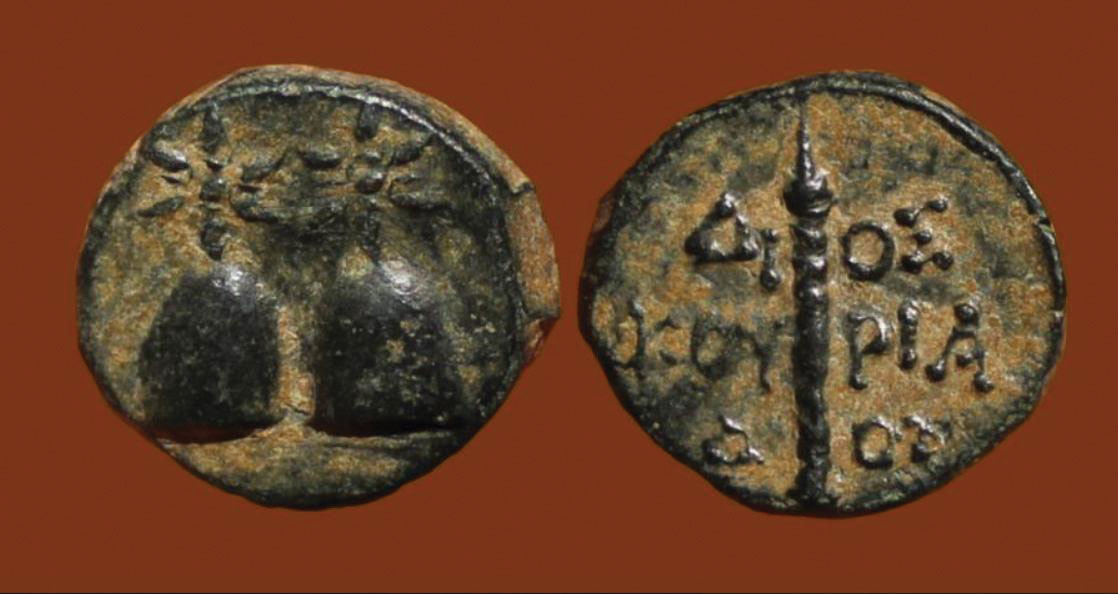
Colchis was once viewed as a distant and legendary place associated with the story of the Argonauts and the Golden Fleece, but once the Greeks mastered the Black Sea, many sailors started to follow Jason’s path. Some would settle permanently on the shores of Colchis in areas that were convenient for navigators.
A lot has been written in Greek historical sources about the wealth of Colchis, but the reports are, at times, contradictory in nature. As the Greeks got to know Colchis better, the accuracy of information improved. According to Herodotus (5th century BC), the Colchians were famous for their linen (referred to as ‘Sardonian’ by the Greeks), which was similar to Egyptian linen and was used to make sails, clothes, and more. The Greek geographer Strabo adds that Colchis was “well wooded with all kinds of timber, and especially the kind suitable for shipbuilding. People make linen in quantities, and hemp, wax, and pitch. Their linen industry has been famous far and wide, for they exported linen to foreign places.” According to Pseudo-Xenophon (5th century BC), “If some city is rich in ship-timber, where will it distribute it without the consent of the rulers of the sea? Again, if some city is rich in iron, copper, or flax, where will it be distributed without the consent of the rulers of the sea? However, it is from these very things that I have my ships: timber from one place, iron from another, copper from another, flax from another, wax from another. In addition, they will forbid export to wherever any of our enemies are.” Thus, the resources of Colchis must have been particularly important to the Greeks, who constantly needed timber and other materials to build new ships.
After the campaigns of Alexander the Great in the 4th century BC, control over the Middle East passed from Achaemenid Persia to the Greeks. Hellenistic colonization differed from earlier Greek colonization. The main difference was that the colonies now existed not only on the seashore but also deep inside the country, and they were closely connected and integrated with the local civilizations.
When the Romans conquered Asia Minor in the 1st century BC and began to strengthen their positions in the Middle East, the established order of the Hellenistic world passed largely unchanged to Roman rule. The Balkan Peninsula, Asia Minor, and Eastern Mediterranean remained Greek-speaking and under Greek influence. Here, the Latin language and culture, which itself was heavily influenced by the Greeks, could not displace the Hellenistic cultural phenomenon that had been established for centuries. This was also the case in Western Georgia, where Greek influence was preserved for centuries. The trading system also remained unchanged. It was further expanded and developed under the rule of Rome, as the entire Mediterranean and the main trading centers of the Black Sea region had long become part of its empire. Greek goods continued to be shipped to Colchis and disseminated throughout the Caucasus region.
Greek colonization significantly contributed to the close interaction of Colchis and the wider Transcaucasus region with ancient centers of civilization. Greek culture, religion, knowledge, and technology were introduced and disseminated throughout the Black Sea, influencing and mixing with the local counterparts. Greek colonists imported essential resources from Greece and the coastal cities of the Black Sea region, including salt, fish, wheat, wine, pottery, textiles, and olive oil. This trade network existed for many centuries and was vital both for ancient Colchis and later for the kingdom of Lazica, which, according to the 6th-century Byzantine historian Procopius of Caesarea, proudly associated itself with the name of ancient Colchis.
Traders from India and Central Asia wishing to connect with the Mediterranean trade system visited Colchis together with Asia Minor and the Eastern Mediterranean, trading and exchanging goods with local Greek colonies. During the period of Greek colonization, another important cultural and economic phenomenon – the coin – was introduced in the Transcaucasus. The first coins were cut in the kingdom of Lydia in Asia Minor in the 7th-6th centuries BC, and later on the island of Aegina in the Aegean Sea. This phenomenon soon spread throughout the Greek colonies, including Colchis, where the first Georgian coins in the shape of the Colchian silver tetri were cut.
The history of ancient Colchis can be studied through archeological materials and many Greek sources. From the myth of the Argonauts to the early Byzantine Greek writers, we have a long and almost continuous narrative of the history of Colchis available to us. We can confidently say that Colchis was an integral part of the ancient world of the Mediterranean and the Black Sea from a political, social, religious, and cultural point of view, as well as economically, and was one of the key locations in the extensive system of trade for many centuries.
